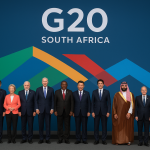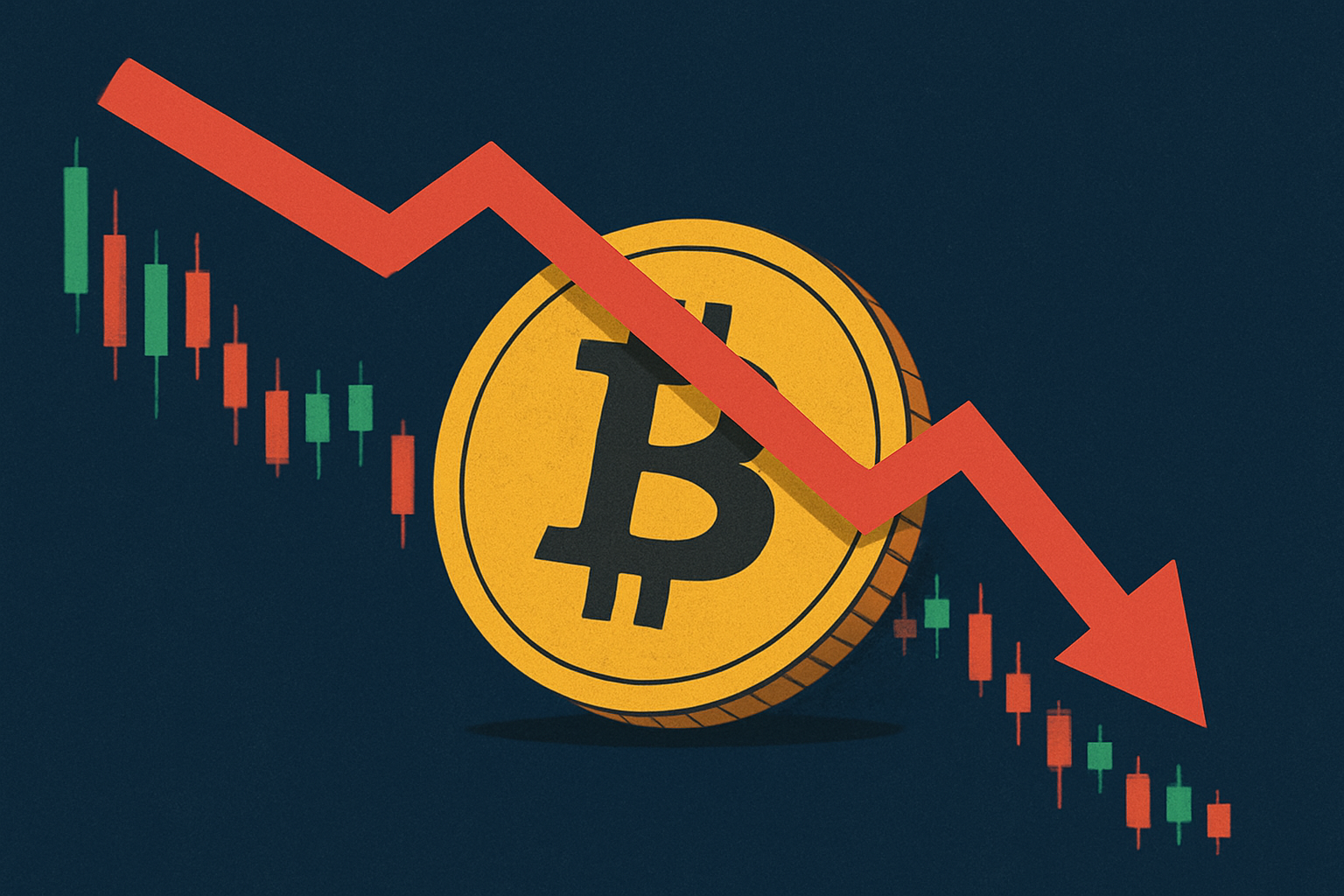Introduction
In a remarkable display of diplomatic resolve, South Africa emerged triumphant in hosting its first-ever G20 summit, held in Johannesburg on 22–23 November 2025. Despite significant challenges, including the absence of the United States, President Cyril Ramaphosa successfully guided the gathering to adopt a 122-point Leaders’ Declaration on the very first day, signaling both bold leadership and a renewed commitment to multilateralism.
Reclaiming The G20’s Credibility In Johannesburg
From the outset, South Africa departed from G20 custom by pushing for the adoption of a joint declaration on day one, rather than waiting until the summit’s close. This maneuver underscored the host’s determination to set the agenda and assert meaningful priorities for global cooperation.
This strategic decision turned into a potent symbolic message, particularly in light of the United States’ boycott. Washington, embroiled in tensions with Pretoria, raised objections to a declaration in its absence, but South Africa pressed ahead, buoyed by broad backing from other G20 members committed to solidarity, equality, and sustainability.
At the closing ceremony, Ramaphosa framed the declaration as evidence that shared global goals outweigh deeper geopolitical differences, reinforcing the idea that cooperation can prevail even under strained circumstances.
Core Themes: Debt, Climate, And Global Equity
Prioritizing Developing Nations
One of the most significant achievements of the Johannesburg summit was its emphasis on the concerns of the Global South. The declaration placed debt sustainability front and center, acknowledging that high external debt remains a serious constraint on economic development for many low- and middle-income countries.
Leaders pledged to reform international financial systems, calling for mechanisms that are more responsive to the needs of developing nations and that give voice to historically marginalized economies.
Climate Justice and Resilience
Another major pillar of the Johannesburg declaration was climate action, particularly the recognition that vulnerable countries suffer disproportionately from natural disasters. The G20 committed to enhancing climate resilience, disaster risk reduction, and support for just energy transitions, all with special consideration for nations that bear the brunt of climate-induced crises.
Furthermore, the declaration emphasized value addition in critical minerals, suggesting that countries rich in such resources should not merely export raw materials but build more robust industrial capacity locally.
Food Security and Social Equity
From his opening address, Ramaphosa underscored food security as a top priority, citing the alarming number of people worldwide still facing hunger. The summit reaffirmed that building inclusive and resilient food systems must remain central to development efforts, particularly for countries that are most vulnerable.
At the same time, social justice issues like gender equality, workers’ rights, and human rights were woven into the fabric of the G20’s commitments, acknowledging that economic transitions must benefit all sectors of society.
Diplomatic Fractures And The United States Boycott
Despite the declaration’s broad adoption, the summit was not without tension. The absence of U.S. President Donald Trump, who boycotted the event, loomed large. The United States criticized the declaration as undermining the organization’s core principles.
A particularly symbolic moment came when Ramaphosa refused to hand over the G20 presidency to a lower-ranking U.S. diplomat, instead choosing to close the summit himself with a gavel. South Africa viewed the U.S. move as an insult to its role as host.
Moreover, cracks in the summit’s unity emerged early. Argentina publicly distanced itself from certain parts of the declaration, citing concerns over language related to geopolitical conflicts, highlighting that while consensus was achieved, it was not without complications.
Broader Significance: A G20 Reinvented?
The Johannesburg summit marked a watershed moment for the G20. For the first time on African soil, the host nation used its presidency to foreground development issues often sidelined in global economic discourse.
By pushing for institutional reforms, climate justice, and debt relief, South Africa advanced a vision of the G20 that challenges traditional power hierarchies and amplifies marginalized voices.
The summit also called for reform of global financial institutions, including the International Monetary Fund and the World Bank, to better reflect the realities and needs of the Global South. IMF leaders praised the summit’s emphasis on resilience, noting that while the global economy has shown strength in the face of shocks, more must be done to build sustainable systems for the future.
Challenges Ahead: Symbolism Vs. Substance
While the declaration is powerful in tone, critics caution that it remains symbolic, with no legally binding mechanisms. For the commitments to matter, they must translate into concrete actions, including reforming complex debt structures, scaling up climate finance, and institutional change.
Skeptics also warn that the summit’s diplomatic gains could unravel if follow-through is weak. European leaders, for example, warned that the G20 may be reaching the end of a cycle, calling into question the bloc’s ability to effectively resolve major geopolitical crises.
There is also concern that the absence of some key leaders reflects a weakening of the G20’s cohesion. Without full participation, some see the summit’s unity as fragile and contingent.
Legacy For Africa And The Global South
For South Africa, the summit was a milestone of global leadership. It demonstrated that an African presidency could steer the G20 toward more equitable, justice-based priorities. The summit also sent a powerful signal that multilateralism remains relevant, even under strain.
Leadership from the host nation made clear that development challenges in the Global South are no longer peripheral to global governance; they can be central. By putting climate, debt, and food security at the heart of the discussion, South Africa elevated issues that disproportionately burden less affluent nations.
The summit’s business track also underscored changing power dynamics, with private sector stakeholders delivering recommendations centered on inclusive growth, sustainable development, and equitable financing.
Conclusion
In hosting the G20, South Africa accepted more than the logistical challenges of convening world leaders; it assumed a moral and strategic mantle. Despite the conspicuous U.S. boycott, internal divisions, and the weight of expectation, Johannesburg’s summit delivered a diplomatic win for multilateralism.
The 122-point declaration may be non-binding, but its adoption by consensus reveals a renewed commitment among many nations to center global equity and collective responsibility. South Africa’s leadership made it clear that the Global South matters, climate justice cannot wait, and global governance must adapt.











